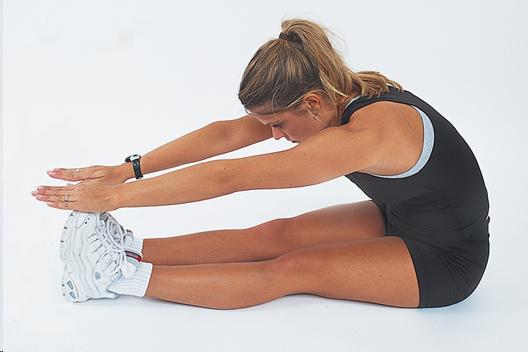KIN122 Chapter6
Table of Contents
- Chapter 6 Focus on Flexibility: Stretching for Better Health
- Objectives
- Components of Health-Related Physical Fitness
- Benefits of Flexibility
- Factors Influencing Flexibility (1)
- Factors Influencing Flexibility (2)
- Factors Influencing Flexibility (3)
- Factors Influencing Flexibility (4)
- Assessing Flexibility
- Designing Your Stretching Program (1)
- Designing Your Stretching Program (2)
- Designing Your Stretching Program (3)
- Designing Your Stretching Program (4)
- FITT Formula for Designing Your Stretching Program
- Designing Your Stretching Program (5)
- Designing Your Stretching Program (6)
- Designing Your Stretching Program (7)
- Sources
Text and Images from Slide
Designing Your Stretching Program (2)
- Static stretching
- Is slowly elongating a muscle to the point of slight tension or mild discomfort (not to a point of pain).

